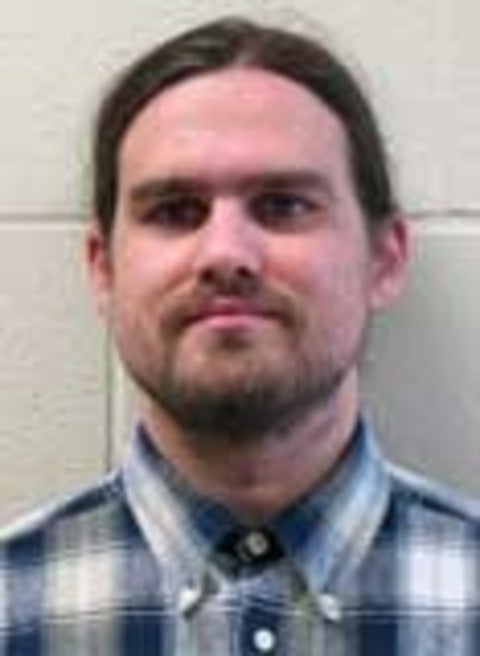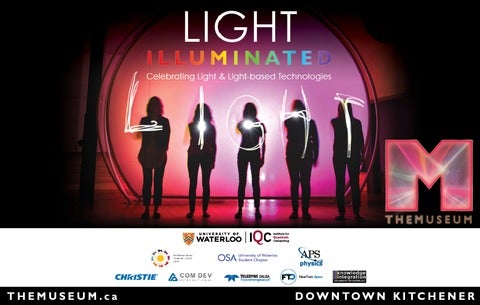Ying Dong: Quantum Thermodynamics Based on Optomechanical System
Ying Dong, Hangzhou Normal University
Thermodynamics has been highly successful, impacting strongly on the natural sciences and enabling the development of technologies that have changed our lives, from fridges to jet planes. Until recently, it was applied to large systems described by the laws of classical physics. However, with modern technologies miniaturizing down to the nanoscale and into the quantum regime, testing the applicability of thermodynamics in this new realm has become an exciting technological challenge.

